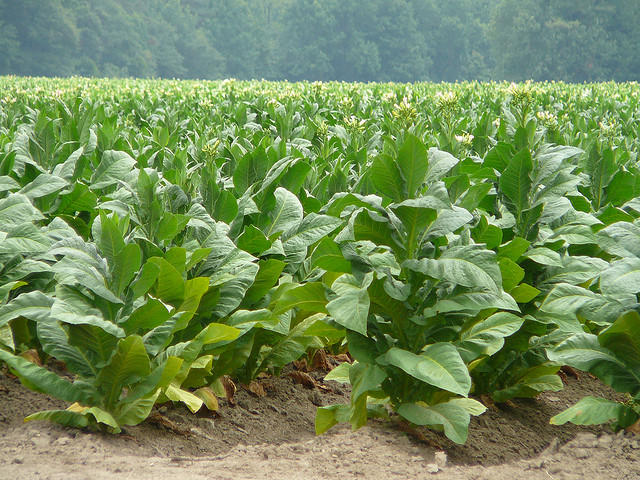Staff Reporter
Zimbabwe’s tobacco farmers are kicking off the 2024/25 summer cropping season with a focus on early planting, a strategy expected to boost both yields and crop quality.
Agricultural experts believe this shift could significantly enhance the country's tobacco output, a key contributor to the national economy.
According to Agricultural Manager at the Zimbabwe Tobacco Association (ZTA), Casper Mlambo, early planting offers considerable benefits for farmers.
"By planting early, farmers can improve crop development and quality, potentially increasing yields from the usual 3 000 kg per hectare to as much as 4 500 kg," Mlambo explained.
However, he emphasised that early planting success depends on proper soil preparation and irrigation management.
"Farmers must pre-irrigate and maintain adequate water levels at their planting sites. Additionally, the soil needs to be deeply ploughed to a fine tilth and properly ridged to support healthy crop growth," Mlambo noted.
While hot and dry weather conditions are ideal for early planting, Mlambo acknowledged the difficulty of accurately predicting the perfect time to plant.
"It's a challenge for many farmers, as they often rely on their experience rather than precise weather forecasts," he said.
Despite the advantages, early planting comes with certain risks, especially during the peak growing months of December through February.
"One of the major challenges is the potential for bushy tops, which can significantly affect crop yields," Mlambo warned.
To minimise such risks, he recommended that farmers adopt integrated pest management (IPM) strategies.
"Proactive scouting for pests and timely spraying are crucial in preventing losses," Mlambo said, urging farmers to remain vigilant throughout the season.
When it comes to choosing tobacco varieties for early planting, Mlambo advised farmers to consider the specific climatic conditions of their regions.
"There are no varieties exclusively suited for early planting, but farmers should select types that perform well in either slow-growing or fast-growing areas depending on their location," he explained.
He also highlighted the importance of maintaining high-quality standards during the curing and processing stages.
"The quality of the final product is directly influenced by proper fertilisation and curing techniques, which are critical for successful tobacco production," Mlambo said.
The shift towards early planting could mark a new chapter in Zimbabwe’s tobacco farming industry, offering the potential for increased output and economic stability in the sector.




